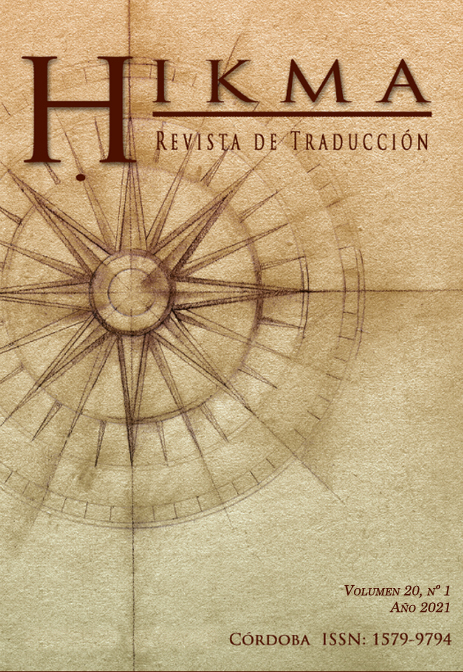Let's put standardisation in practice: accessibility services and interaction
Contenu principal de l'article
Résumé
There are many international standardisation agencies working actively on producing technical requirements towards accessibility, both for physical environments and for media. Technology is developing at a fast pace to produce new interactions, which turn into new communication barriers: some avoidable. Taking into consideration accessibility standards from the design and requirement definition --the concept of “born accessible”-- would help towards native accessible technology. This article looks at existing standards related to accessibility and media communication. The first part of the article will revise the importance of drafting harmonised standards for accessibility in four main agencies producing accessibility standards: IEC, ITU, ISO and W3C. It will then outline how standards are produced and implemented at a European level by the European Standardisation Organisations (CEN, CENELEC and ETSI). The second part of the article will be organised by media accessibility services: subtitling, audio description, audio subtitling and sign language. Mention to easy to read as a new emerging accessibility modality, will also be made. The final part of the article will provide conclusions and directions for further research.
Keywords: Media Accessibility, Standards, Accessibility services, Subtitling, Audio description, Audio subtitling, Easy to Read.
Téléchargements
Details de l'article

Ce travail est disponible sous licence Creative Commons Attribution - Pas d’Utilisation Commerciale - Partage dans les Mêmes Conditions 4.0 International.
Les auteurs qui publient dans cette revue acceptent les conditions suivantes :
- Les auteurs conservent les droits d'auteur et accordent à la revue le droit de première publication du travail simultanément sous une Licence Creative Commons Attribution, permettant à d'autres de partager le travail en reconnaissant la paternité du travail et sa publication initiale dans cette revue.
- Les auteurs peuvent conclure des accords contractuels supplémentaires séparément pour la distribution non exclusive de la version publiée du travail dans la revue (par exemple, l'envoyer à un référentiel institutionnel ou le publier dans un livre), avec une reconnaissance de sa publication initiale dans cette revue.
- Il est permis et encouragé aux auteurs de publier leurs travaux en ligne (par exemple, dans des référentiels institutionnels ou sur leur site Web) avant et pendant le processus de soumission, car cela peut entraîner des échanges productifs, ainsi qu'une citation plus précoce et plus importante du travail publié (voir L'effet de l'accès ouvert).

